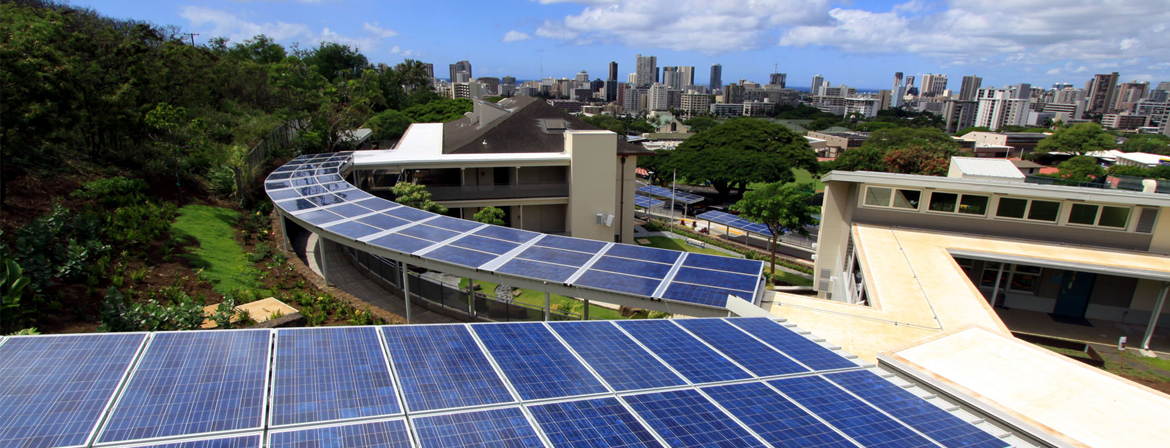A Behavioral Analysis of Peaking in Residential Electrical-Energy Consumers
Kohlenberg, R., Phillips, T., & Proctor, W. (1976). A behavioral analysis of peaking in residential electrical-energy consumers. Journal of Applied Behavior Analysis, 9(1), 13-18.
Effecting Durable Change: A Team Approach to Improve Environmental Behavior in the Household
Staats, H., Harland, P., & Wilke, H. (2004). Effecting Durable Change: A Team Approach to Improve Environmental Behavior in the Household. Environment and Behavior, 36(3), 341-367.
A Review of Intervention Studies Aimed at Household Energy Conservation
Abrahamse, W., Steg, L., Vlek, C., & Rothengatter, T. (2005). A review of intervention studies aimed at household energy conservation. Journal of Environmental Psychology, 25(3), 273-291.
A Longitudinal Study of Informational Interventions to Save Energy in an Office Building
Staats, H., van-Leeuwen, E., & Wit, A. (2000). A longitudinal study of informational interventions to save energy in an office building. Journal of Applied Behavior Analysis, 33, 1, 101-104.
The Effect of Tailored Information, Goal Setting, and Tailored Feedback on Household Energy Use, Energy-Related Behaviors, and Behavioral Antecedents
Abrahamse, W., Steg, L., Vlek, C., & Rothengatter, T. (2007). The effect of tailored information, goal setting, and tailored feedback on household energy use, energy-related behaviors, and behavioral antecedents. Journal of Environmental Psychology, 27(4), 265-276.
Joint Effect of Feedback and Goal Setting on Performance: A Field Study of Residential Energy Conservation
Becker, L. J. (1978). Joint effect of feedback and goal setting on performance: A field study of residential energy conservation. Journal of Applied Psychology, 63, 4, 428-433.
Reducing Air Conditioning Waste by Signalling it Is Cool Outside
Becker, L. J. & Seligman, C. (1978). Reducing air conditioning waste by signalling it is cool outside. Personality and Social Psychology Bulletin, 4, 3, 412-415.
Reducing Residential Electrical Energy Use: Payments, Information and Feedback
Hayes, S. C., & Cone, J. D. (1977). Reducing residential electrical energy use: Payments, information and feedback. Journal of Applied Behavior Analysis, 10, 3, 425-435.
Reduction of Residential Consumption of Electricity through Simple Monthly Feedback
Hayes, S. C., & Cone, J. D. (1981). Reduction of residential consumption of electricity through simple monthly feedback. Journal of Applied Behavior Analysis, 14, 1, 81-88.
Drop and Tilt: A Comparison of Two Procedures to Increase the Use of Venetian Blinds to Conserve Energy
Luyben, P. D. (1984). Drop and tilt: A comparison of two procedures to increase the use of venetian blinds to conserve energy. Journal of Community Psychology, 12, 2, 149-154.



